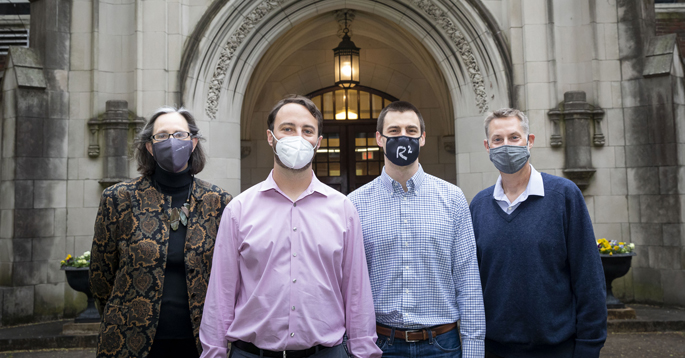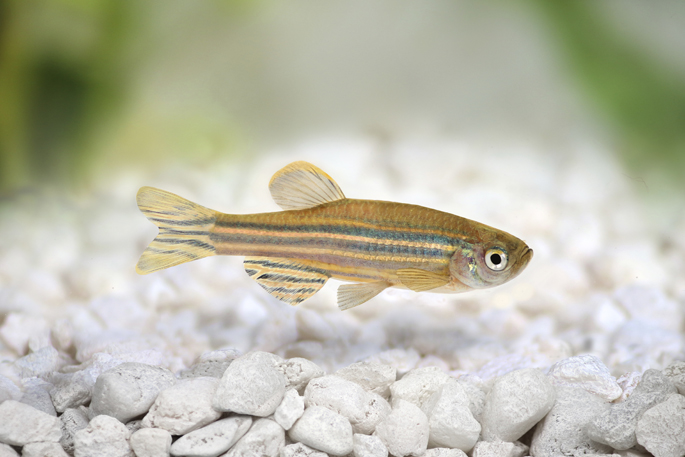Glucose
-

Study revises understanding of cancer metabolism
Tumors consume glucose at high rates, but a team of Vanderbilt researchers has discovered that cancer cells themselves are not the culprit, upending models of cancer metabolism that have been developed and refined over the last 100 years. Read MoreApr 7, 2021
-

Gene variant and glucose metabolism
Genetic variation that impacts glucose- and insulin-related signaling affects responses to type 2 diabetes treatments and warrants further study. Read MoreFeb 18, 2021
-

VUMC team’s discovery could lead to new diabetes treatment
High circulating glucose, the hallmark of diabetes, is linked to the disease’s most serious complications including heart disease, kidney failure, blindness and amputation. Diabetes is the sixth leading cause of death and costs the nation an estimated $322 billion a year. Restoring the action of insulin has been the traditional… Read MoreJun 15, 2017
-

Fat hormone’s role in zebrafish
The hormone leptin regulates glucose balance, but not fat stores, in zebrafish. Read MoreMar 8, 2016
-

Tiny model of diabetes
Vanderbilt University researchers have created a zebrafish model of skeletal muscle insulin resistance that could help improve diabetes treatment. Read MoreFeb 20, 2015
-

Beta cell link to fasting glucose
New findings explain why variation in a particular gene is the most important determinant of fasting blood glucose levels in humans. Read MoreJan 22, 2015
-

Channel drug restores glucose balance
A new compound that activates potassium channels could be used to treat disorders of glucose homeostasis. Read MoreApr 16, 2014
-

Better blood pressure-reducing drugs?
A newer version of an old class of blood pressure lowering drugs may offer advantages for obese patients with metabolic syndrome. Read MoreApr 30, 2012
-

Obesity turns “good” cholesterol bad
Studies offer new insights into how obesity impairs the function of HDL, the “good” cholesterol. Read MoreMar 21, 2012
-

Early study hints at ‘brown fat’ as potential diabetes treatment
A new study finds long-lasting reversal of diabetes is possible without insulin through transplantation of brown fat tissue. Read MoreMar 2, 2012